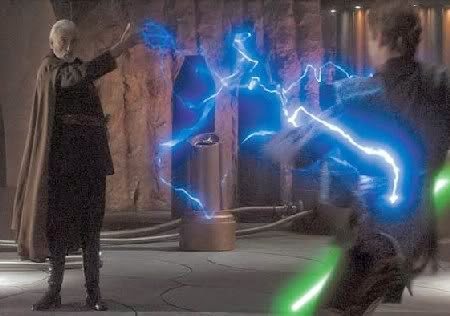Washington, DC- Two federally funded scientific organizations tasked with the advancement of our understanding of the cosmos are teaming up for the first time to study alternative medicine in space.

Reiki Master Jim Tyranus, shown here demonstrating space Reiki
“Frankly I’m surprised it took this long for the two agencies to get together,” National Center for Complementary and Integrative Health director Josephine Briggs MD explained. “Until now, we’ve been handicapped by our inability to study alternative therapies beyond the Karman line. How else can you explain so many years of negative studies?”
For nearly three decades, the NCCIH, formerly known as the National Center for Complementary and Alternative Medicine, has investigated a wide variety of natural healing practices and herbal remedies supported by tax dollars under the guidance of the National Institutes of Health. So far, despite trying really hard, they have had little if anything to show for their efforts. This failure to produce proof of efficacy didn’t sit well with some congressional leaders, like former Iowa Senator Tom Harkin.
Harkin, who in the early 1890s recovered from a viral upper respiratory infection with the aid of an elixir he bought from a travelling salesman in Des Moines, became a believer in alternative therapies. A century later, in 1992, he would be instrumental in the formation of the office that would become the NCCIH. Harkin was also the force behind this unprecedented collaboration with NASA.
The first NCCIH trial to be run with the assistance of NASA will take place on the International Space Station and study the use of an energy-based healing therapy known as Reiki as a treatment for space adaptation syndrome, a severe motion sickness commonly experienced by space travelers. Developed in 1922 by a Japanese monk, Reiki practitioners claim to tap into and manipulate a patient’s qi, the universal life energy that, according to Reiki practitioner and lead researcher Ben Kenobi, “Surrounds us and penetrates us, binding the galaxy together and activating natural healing processes while restoring physical and emotional well-being.”
Until now, evidence of any benefit from the practice has been lacking, leading some to question the existence of this elusive “force”. H. Solo, a member of the Corellian Skeptical Society, has even gone on record denying it entirely:
…I’ve seen a lot of strange stuff, but I’ve never seen anything to make me believe there’s one all-powerful force controlling everything. There’s no mystical energy field that controls my destiny or that can prevent or treat space sickness.
According to Briggs, space is the perfect environment for studying Reiki because it is far, far away from the many potential sources of interference on Earth, like overhead power lines, Wi-Fi and skepticism. “We are of course primarily interested in its healing ability, but I think we’d all love to see some Reiki Lightning.”

